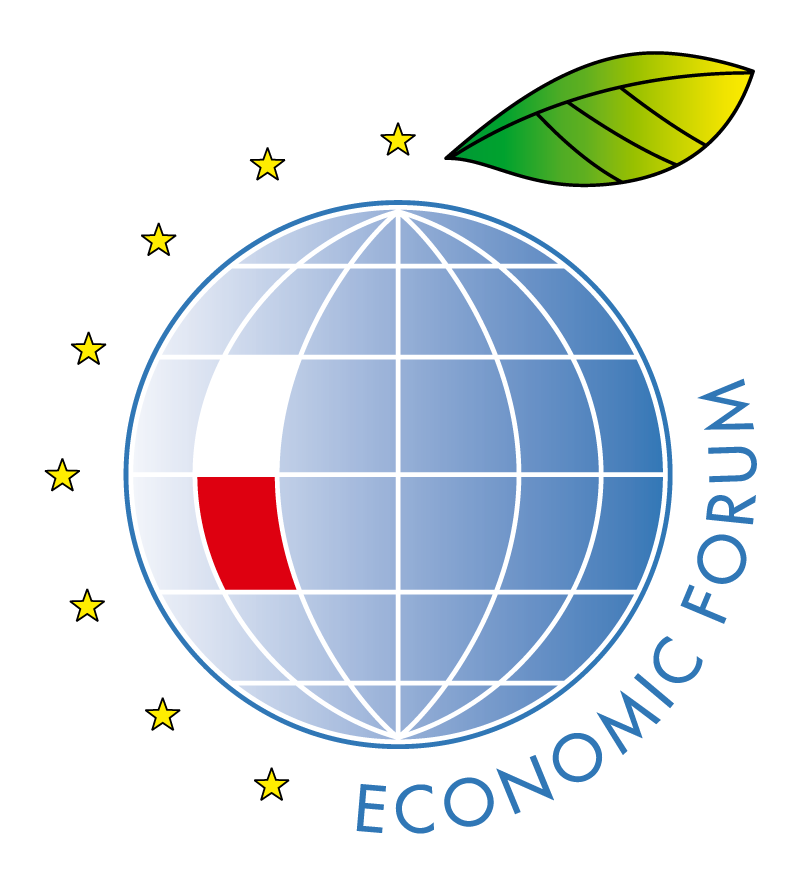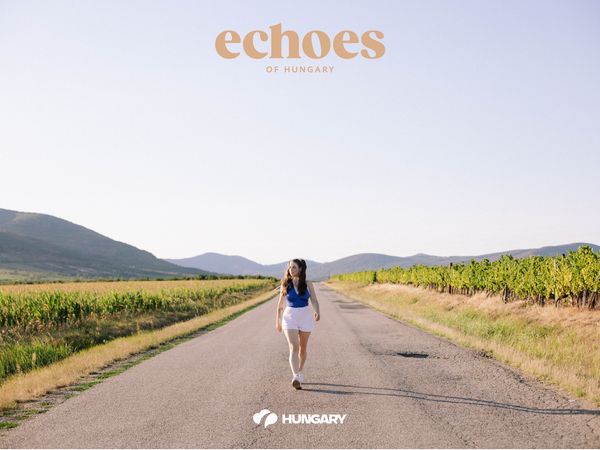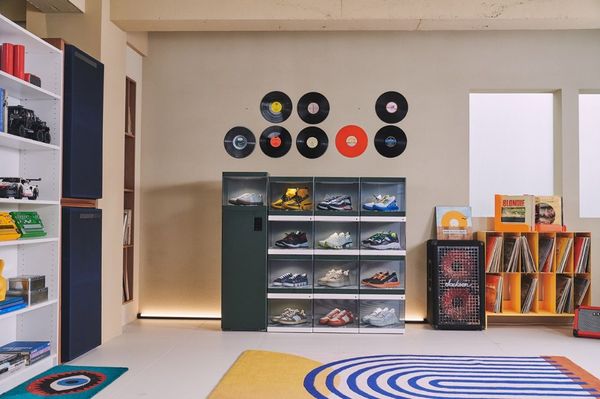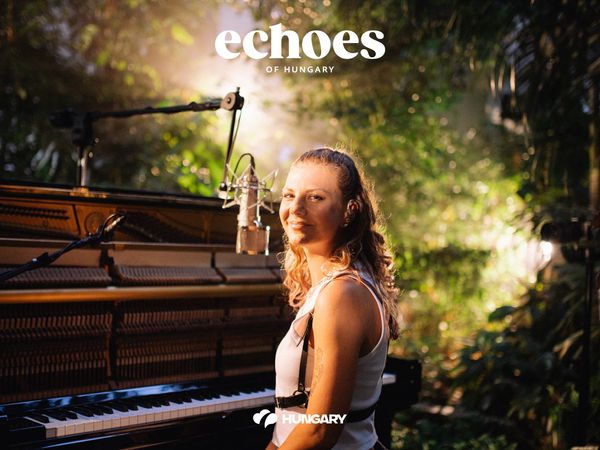Politicians and academics discussed the Polish-Hungarian friendship, the two nations’ shared values, narratives, and representation at the Economic Forum in Karpacz, Poland. We were there; here is our coverage!
The Economic Forum, the largest conference in Central and Eastern Europe, was held for the 31st time in the southwestern Polish resort town of Karpacz this year. The theme of the Forum was: „Europe in the Face of New Challenges.” Given the events of the past months, it may sound like a clearly defined topic, but it covered a broad range: there were discussions from cyber security to the energy crisis, investment, and sustainability. At the Polish-Hungarian Forum, we participated in a panel discussion on the transmission of the two countries’ shared past and common heritage, moderated by our colleague, Barnabás Heincz. Our coverage.
The Polish-Hungarian friendship dates back a thousand years; the two countries have enjoyed good neighborly relations that are really rare in Europe. Ewa Draus, Deputy Marshal of the Subcarpathian Voivodeship, however, highlighted in the beginning that fostering good relations is not only important at the national level but also at the smaller, regional dimensions. The two countries are no longer neighbors, and Polish and Hungarian are not similar languages; still, we have a lot of opportunities to cooperate regarding culture, sport, economy, and society. Nevertheless, she added, national schemes, governmental funding sources, and transnational investments, such as Via Carpathia, can help.
Michał Wypij, Polish MP, rather focuses on the bigger picture: the two countries’ relationship is not defined by the past few years’ events but by their shared destiny and similar historical patterns. Poles and Hungarians have in common that both countries had a long and turbulent road to freedom, with many revolutions and wars of independence. The two countries’ shared heritage was built on shared values.
Gábor Egry, D.Sc. (Doctor of the Hungarian Academy of Sciences), Director General of the Institute of Political History, believes that the relationship between Poland and Hungary can now be seen more as a political friendship. There have been many periods throughout history when political events have manifested in public actions, for example, solidarity demonstrations during the wars of independence. But in Hungary, at least according to the surveys, these are very abstract issues, not narrowed down to the Polish-Hungarian questions. They are not ritualized, although this is a way of losing social memory and isolation.
But then, how can we transmit and preserve our shared history? Barnabás Heincz points out that the Polish-Hungarian friendship was strengthened by the political changes in Hungary in 2010 and Poland in 2016, which may give it a political color. But this can more easily deteriorate the relationship in areas that are not political in nature. What characteristics bind us together, regardless of party politics, which can grant that political twists are less damaging to the Polish-Hungarian relationship?
Egry thinks that we should talk about social history instead of historiography. The Polish-Hungarian relationship is superficial on the social dimension as we have a different attitude to local history since it is a small, visible area, while a more distant place often becomes just a dot on the map. Local stories are crucial, but in many cases, there are no available shared Polish-Hungarian stories. Still, it is possible to compare Hungarian history with Polish history, which results in a broader story or narrative. The region’s connectedness is demonstrated by the proliferation of things like strudel or Wiener schnitzel. But there are no newer examples, so we must look for new themes which can manifest at the local levels to generate awareness. They can be institutionalized with bottom-up, multi-level cooperation.
Viktória Lilla Pató, a research fellow of the University of Public Service, believes that it is an important topic of how we could promote the stories of regionally shared heroes, like Maurice Benyovszky, to today’s youth. Are young Hungarians and Poles even interested in the region’s stories, or do they just care about the Marvel and DC universes? History lives within us; it means our ancestors, stories, and heritage, what we must know. There are two essential aspects of teaching history: knowing our past to understand our present and learning from the mistakes and successes of the past to build a future. This should not start in public education at age 6 or 7 but begin already in pre-school, with songs and poems about our shared past.
Pató adds that joint Polish-Hungarian history education would not be feasible. Still, some fine-tuning could take place, in which NGOs can also have a great responsibility to bring closer what our shared history and society mean. Furthermore, Egry said, a history teacher would say that a comprehensive history book on Polish-Hungarian friendship is a nice idea, but even the already required material can hardly fit into the school years. What is more, on a similar basis, a historian specializing in Croatia could absolutely legitimately ask why we do not talk more about Croatian-Hungarian relations. And this would lead to an unmanageable avalanche.
Changing the topic to the town twinning between municipalities, Draus highlighted that cooperation between countries cannot be standardized; what works in one case may not work in another. It is important for the Subcarpathian Voivodeship’s local government to promote shared values and heroes, but the Hungarian side’s interest is limited. The cause behind that might be the language barrier, so building deeper relationships requires more support and resources. And we must find funding even if the EU cohesion funds do not arrive. Our goal should be stability in order to create value through projects.
Barnabás Heincz said that the Americans invented superhero movies because they lacked history. There are Polish-Hungarian Batman and Superman materials, but their adaptation would be resource-intensive. Getting them onto streaming platforms and social media would be complicated, requiring historical consensus and strong will. Michał Wypij believes we could create a promotional model based on shared values, but it must be genuine and authentic if we want to tell stories to young people based on shared values. Several figures from both Poland and Hungary sadly receive too little attention, even though their lives are much more interesting than the superheros’ stories. An example is the Polish Tadeusz Kościuszko: his life is a world-class story representing a national value and narrative.
At the end of the discussion, each of the four speakers said what they thought the panel’s „thesis statement” was. For Gábor Egry, it was the following: we have shared values, and these common values are represented through our international and shared history; these values should serve to guide today’s society in the choice of importance in today’s world.
For Michał Wypij, Polish and Hungarian history is a long and arduous journey to freedom, and today’s challenge is addressing the youth with these values.
Ewa Draus concluded that the values are reflected in bridges; it is the present’s important task to build bridges, then comes the will of society, and then political decisions.
Viktória Lilla Pató phrased her thesis statement as that we have to learn from history, build bridges, and not tear them down, and it is up to us and our personal relationships; we can bring each other closer with learning languages and youth exchanges.


„I guess you can never learn too much about anything.” – An interview with Sylwia Lipka

LG creates the future of stylistic storage solutions for sneakerheads










